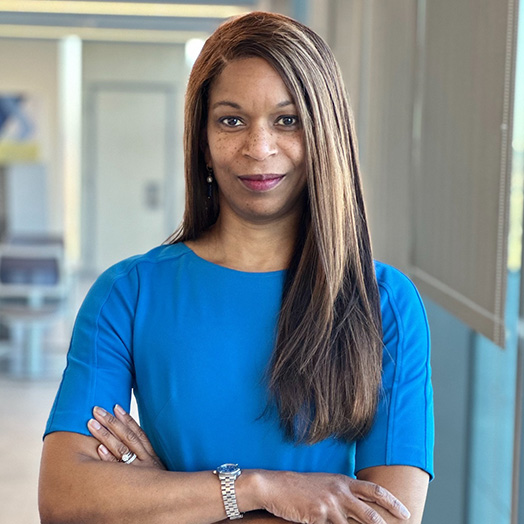Discussing salary, promotions, or career advancement can feel daunting, particularly in health care, where a culture of teamwork and patient care often overshadows self-advocacy. Yet, these conversations are essential to career growth and professional fulfillment.
In March’s American Medical Women’s Association (AMWA) lecture, Stacey Lee, J.D., tackles these challenges in her presentation, “Navigating Your Career.” The Heersink School of Medicine invites all faculty and staff to join this necessary discussion on how health care workers can effectively negotiate for raises, promotions, and other career opportunities.
Addressing the taboo of negotiation in health care
As a professor at the Johns Hopkins Carey Business School with a joint appointment at the Bloomberg School of Public Health, Lee is an expert in business law, health law, and health care negotiations. Before academia, she spent a decade practicing law—first as a securities litigator and later as in-house counsel for major health care organizations such as Magellan Behavioral Health, Inc., and Integrated Health Services, Inc.
 Stacey Lee, J.D.
Stacey Lee, J.D.
Through her work, she recognized a significant gap: while negotiation is a common practice in many fields, it remains an underdeveloped skill among health care providers.
“The more I taught health care law, the more I saw how unique the perspective of health care providers was,” Lee says. “It became incredibly apparent to me that the business side of health care is a taboo subject. [For providers], it feels unfair to ask an institution to pay you for the value that you contribute. It made me really want to focus on how we can increase the conversation around providers being paid for their value.”
This imbalance, she notes, disproportionately affects women. Despite equal qualifications and workloads, women in medicine often hesitate to negotiate for leadership roles or higher salaries, ultimately contributing to persistent wage disparities.
The HEAR Approach: A framework for negotiation
To address these challenges, Lee developed the HEAR Approach, a structured method tailored specifically for health care professionals:
-
Health care Recognizing the unique negotiation landscape within health care, from patient care discussions to securing protected research time.
-
Empowerment: Overcoming internal doubts and recognizing personal value in professional contributions.
-
Acknowledgement: Fostering mutual understanding to create collaborative negotiations.
-
Recasting: Shifting perspectives to redefine and expand possible solutions.
“The strategies that you’d use to get a car at the cheapest price don’t translate well in a health care environment,” Lee says. “During my [AMWA talk], I want to focus on the nuances and complexities of health care and how you can negotiate within that system.”
As mentioned within the HEAR Approach, self-confidence can be a significant hurdle in negotiations. According to an internal Hewlett-Packard report, women often wait until they feel 100% qualified before applying for leadership positions, while men apply when they only meet a portion of the criteria. Lee encourages professionals to shift this mindset by keeping a running list of personal achievements.
“When asked about top five accomplishments, women in particular tend to use plural pronouns—our team, our department,” she notes. “If leadership only hears about ’the team,’ your name may not come up when opportunities arise.”
Lee also stresses the importance of sponsorship—having someone actively advocate for your career advancement—and thorough preparation for negotiations. Her approach includes detailed planning strategies to anticipate objections, evaluate alternatives, and build conversations.
Building negotiation skills for long-term success
Join Lee on Tuesday, March 11, at noon via Zoom for her AMWA lecture, “Negotiating Your Career,” which will feature interactive exercises designed to equip attendees with tangible negotiation skills.
Participants will also gain access to a curated library of articles and resources to reinforce what they’ve learned long after the session ends.
To learn more, register here.